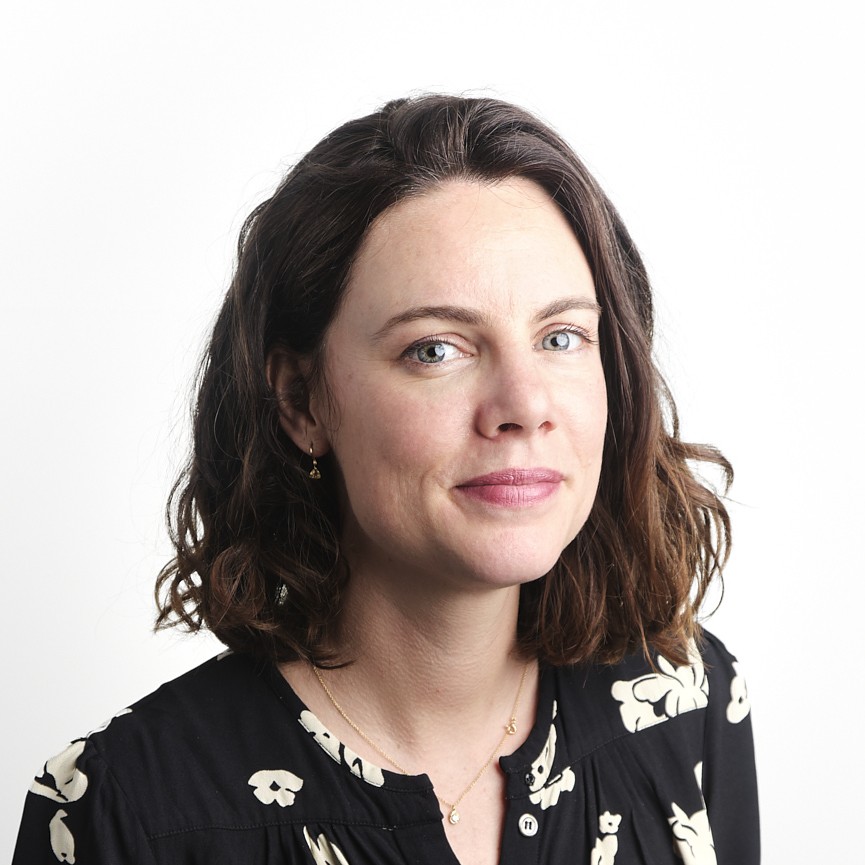A necessary transformation for a changing sector
This transformation is taking place in a context of profoundly changing passenger expectations.
“Travelers now expect frictionless, seamless, fully personalized experiences,” observes Sidney Zeder.
The rise of OTAs (Online Travel Agencies), which very early on integrated generative artificial intelligence (GenAI) technologies, has set new standards. Users want to search for holidays in natural language, receive customized recommendations, and find services tailored to their preferences throughout their trip.
A strategic challenge for hotel groups
For hotel groups, the situation is becoming critical. While the technological and data infrastructure is often in place, it’s the scaling up of use cases that is a challenge. A study by Oliver Wyman underlines the urgency: without rapid adoption of GenAI technologies, some hotel groups could lose up to 17% of market share by 2029.
Faced with this pressure, Artefact deploys concrete solutions focused on optimizing the customer journey. Right from the inspiration phase, ultra-personalized recommendation engines suggest suitable destinations. At the booking stage, conversational interfaces based on language models (LLM) enable fluid interaction. During the stay, itineraries and hotel services can be adjusted according to customers’ preferences, and loyalty programs fine-tuned according to their behavior. This personalization is based on better use and unification of customer data.
Adoption of AI-generating technologies to be deployed internally as well
GenAI not only transforms the customer experience: it also affects the internal functions of companies in the sector. Artefact has developed tools to improve productivity in a variety of departments: human resources, finance, marketing, CSR. One emblematic case in point is Burger King’s “Talk to my data”. This conversational chatbot enables employees to ask questions in natural language and immediately obtain answers from the database, via automatic transformation into SQL queries. The result: reduced workload for data teams and faster decision-making.
In the marketing field, Artefact has deployed MMM (Marketing Mix Modeling) models at Accor to estimate the financial landing and optimize media investments. These models take into account saturation effects and the incrementality of campaigns to predict their impact and better allocate budgets.
The benefits of hyper-personalized content
The ability to produce content on a large scale while maintaining brand consistency becomes essential. For Riyadh Air, a Gulf airline, Artefact implemented an automated solution for multilingual content generation, in line with the brand’s editorial charters. Thanks to this technology, in-house teams and agencies have seen their workload reduced, while meeting the growing need for personalization.
Towards a new era in customer service
GenAI is also transforming customer relationship management. For SNCF Voyageurs, Artefact worked on the 3635 telephone service, with a dual objective: to better redirect calls thanks to an intelligent classification system, and to assist online advisors in their responses. The impact was immediate: a six-fold reduction in the time needed to direct a customer, and a 10% reduction in average call duration.
Finally, Artefact helped the Barrière group deploy a secure ChatGPT-type solution internally, with specialized agents for different business lines (HR, casinos, marketing). This platform enables employees to consult documents, automate tasks and enrich their daily work, in a secure environment. During the test phase, over 2,800 messages were exchanged, testifying to strong adoption.
Reinventing hotel operations
Beyond the customer and support functions, GenAI offers new possibilities for transforming hotel operations. Housekeeping planning, today largely manual and subject to last-minute unforeseen events, can be automated. Food procurement, predictive maintenance and supplier selection can also be optimized using predictive models or specialized agents.
Sidney Zeder points out, “Agentic AI transforms end-to-end processes by automating many tasks. That’s where its value lies, far beyond co-pilots limited to individual productivity.”
Across all these use cases, Artefact demonstrates that GenAI is much more than an innovation tool: it is a lever for profound transformation for a sector undergoing major changes. It’s a revolution that is only just beginning.
Watch the presentation in French:

 BLOG
BLOG
